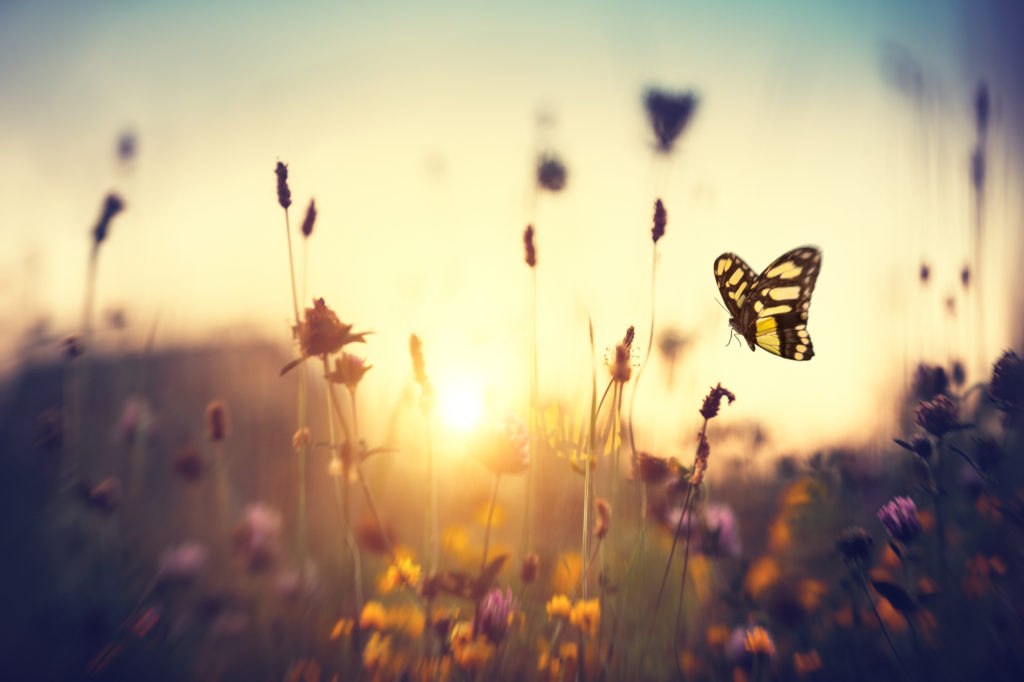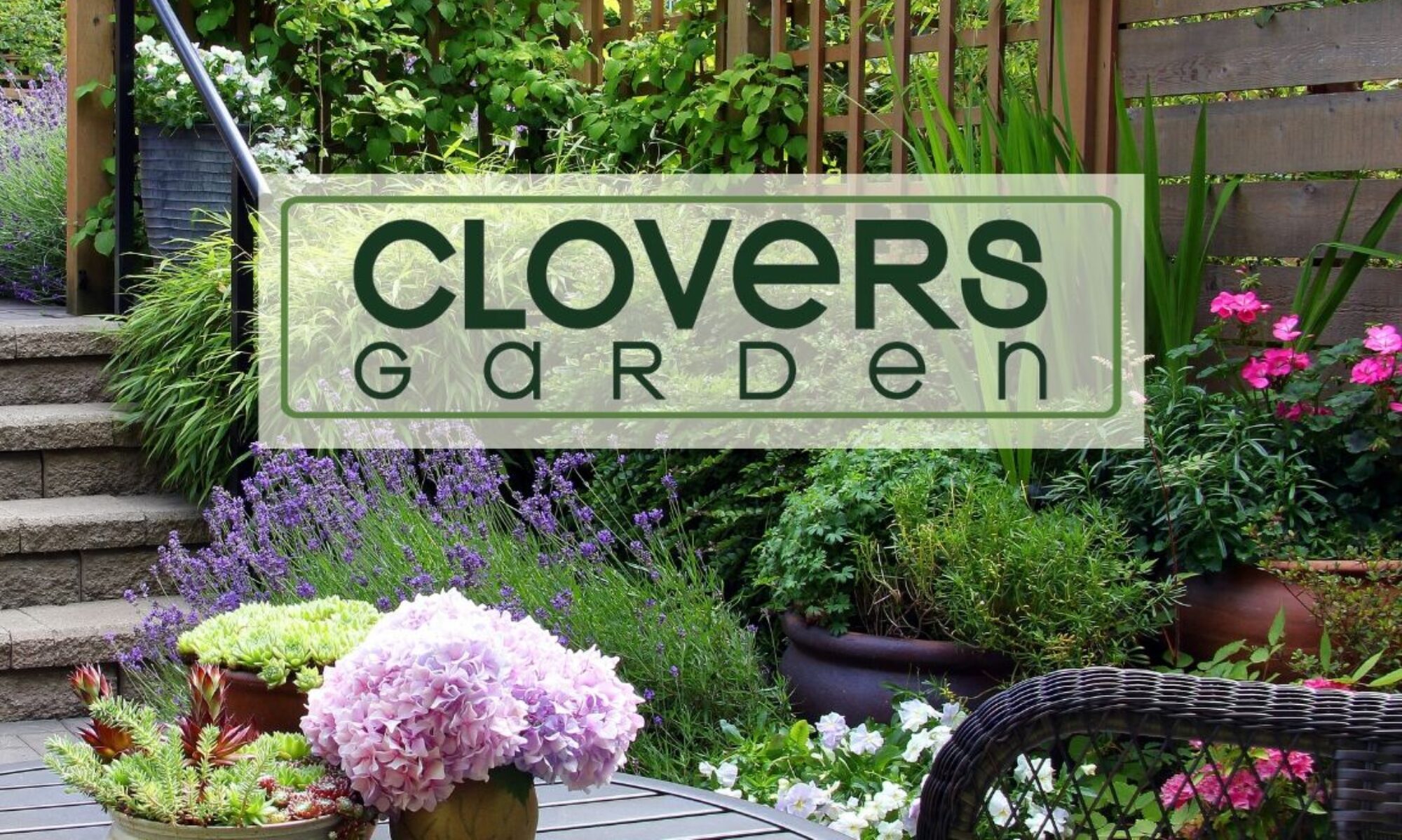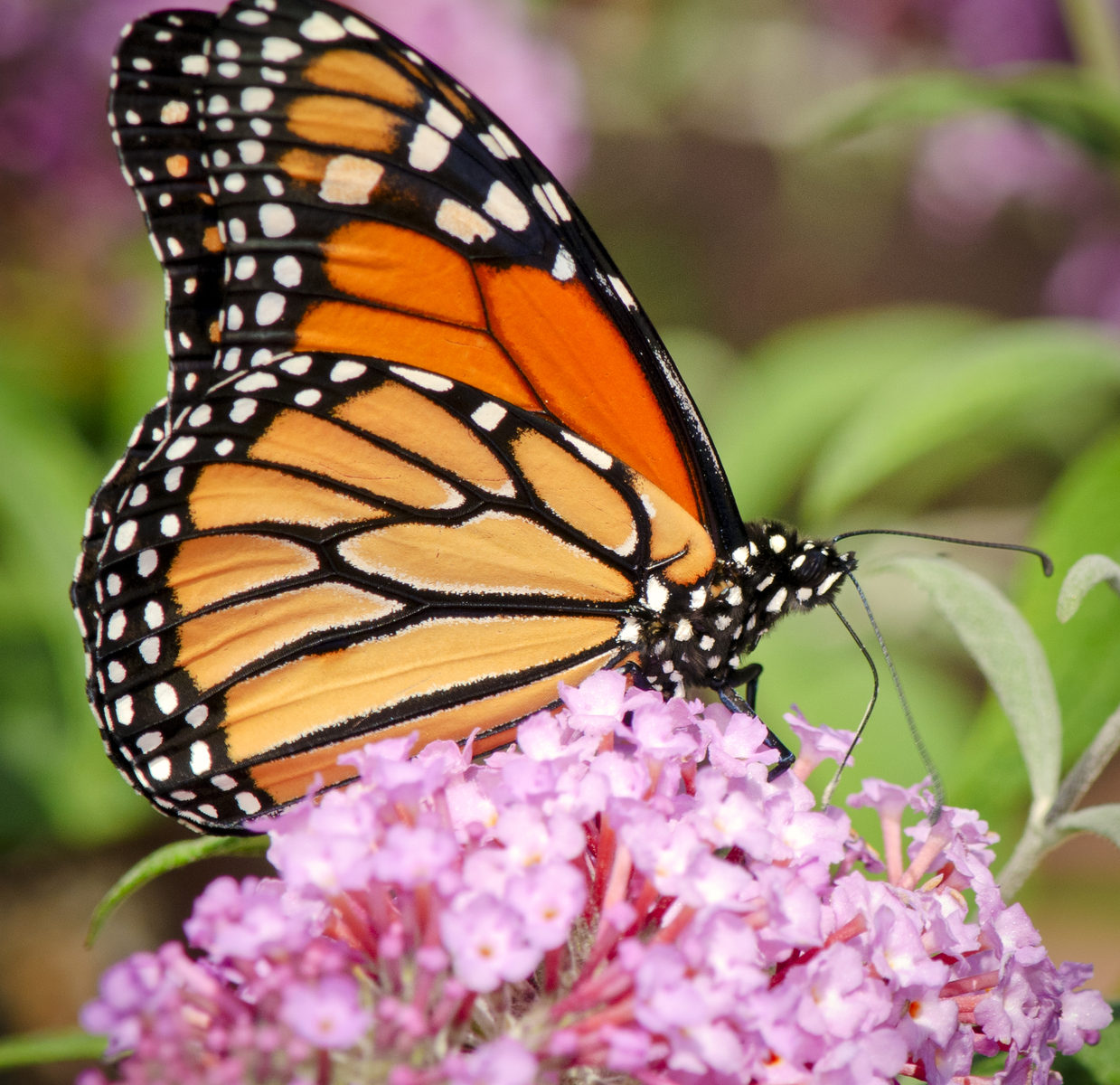Bee and butterfly population in decline
It is pretty likely you have heard but the populations of a lot of common pollinators are in decline. Bee populations are in decline globally which is something that needs to be fixed. Some other pollinators, less important than bees but still important, like Monarch butterflies have seen a 90% drop in their population over the last 20 years or so.
The main reasons that pollinator populations are in decline is because of increased use of pesticides (insect killers) and herbicides (weed killers) accompanied by an ever-increasing destruction of habitat due to urban sprawl and agricultural development. The loss of habitat is a serious blow to pollinator’s abilities to nest, feed, and shelter but the increased use of pesticides and herbicides in both rural and urban settings has taken an already bad situation and made it much worse. Where bees, butterflies, and other pollinators lived is now mostly urban developments or corn fields.
Combating these potentially devastating losses requires a combination of multiple methods.
- Education. Learn more about it and teach those around you. Demonstrate to your community how to grow a pollinator-friendly garden.
- Practice what you preach. Stop using pesticides or herbicides in your own garden. Let native flowers and grasses grow to support pollinators (hint: big expanses of green lawn do not help many creatures!)
- Talk to your local government. Be the voice of the pollinators and encourage your local officials to stop using chemicals and to not mow flowers or grasses until after the nesting season. This especially applies to rural ditches and buffer strips.

How a pollinator garden benefits your yard or other gardens
Aside from the wonderful aesthetic a pollinator garden can add to the area you call home, it will also provide lots of benefits to any flower or vegetable gardens in your landscape. Having a pollinator garden will attract bees, butterflies, and other pollinators to the area and help the growth of a vegetable of a flower garden by accelerating the rate of pollination in the garden. Spend a few minutes watching the bees in your garden and you’ll soon learn they do a lot of work for us!
In addition to the benefits to a garden, there can also be a financial incentive opportunity depending on the state you reside in. There are a few states within the US that are exploring programs that would pay residents to establish bee habitat, which a pollinator garden would potentially qualify as depending on size and state regulations.

